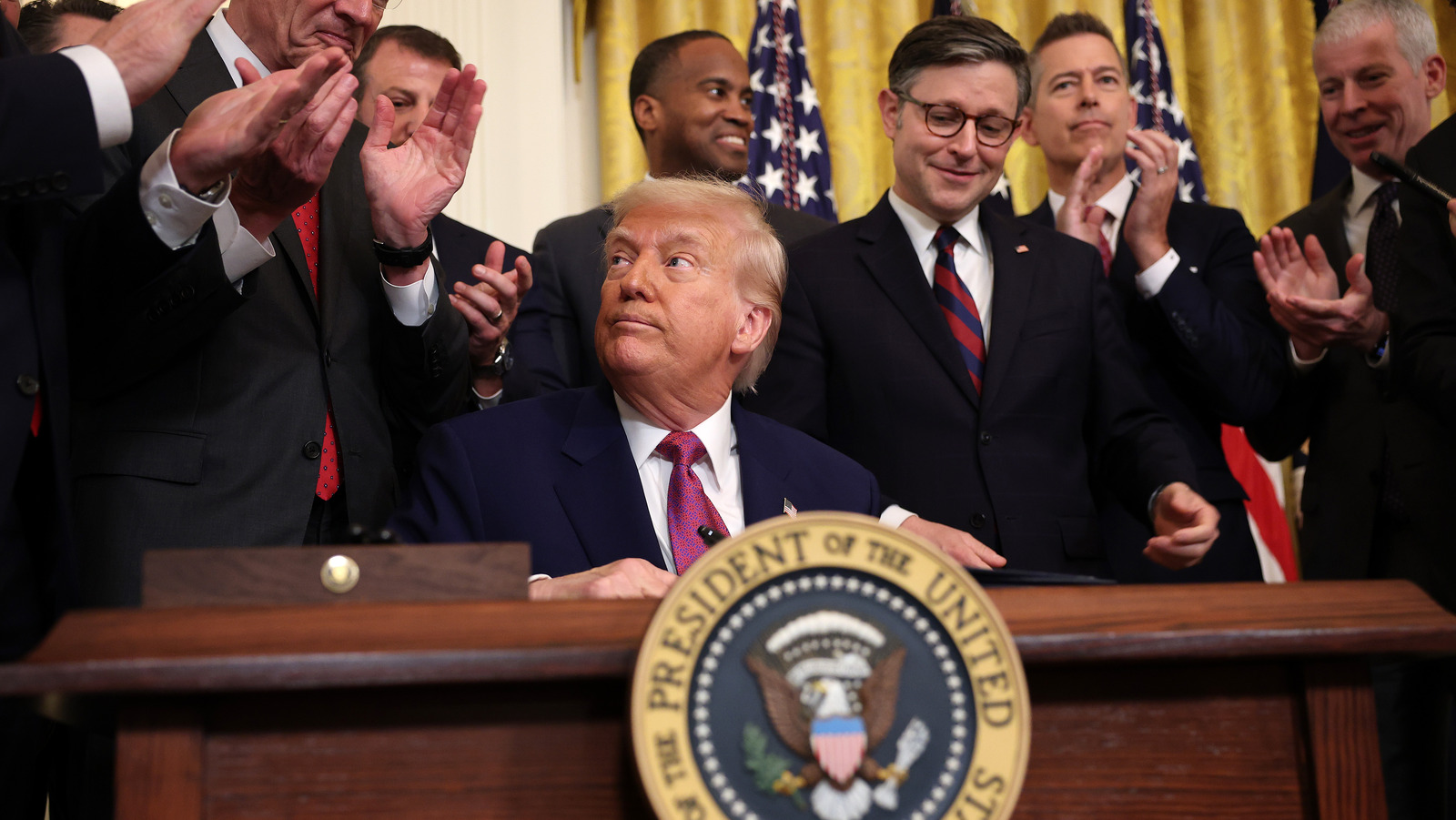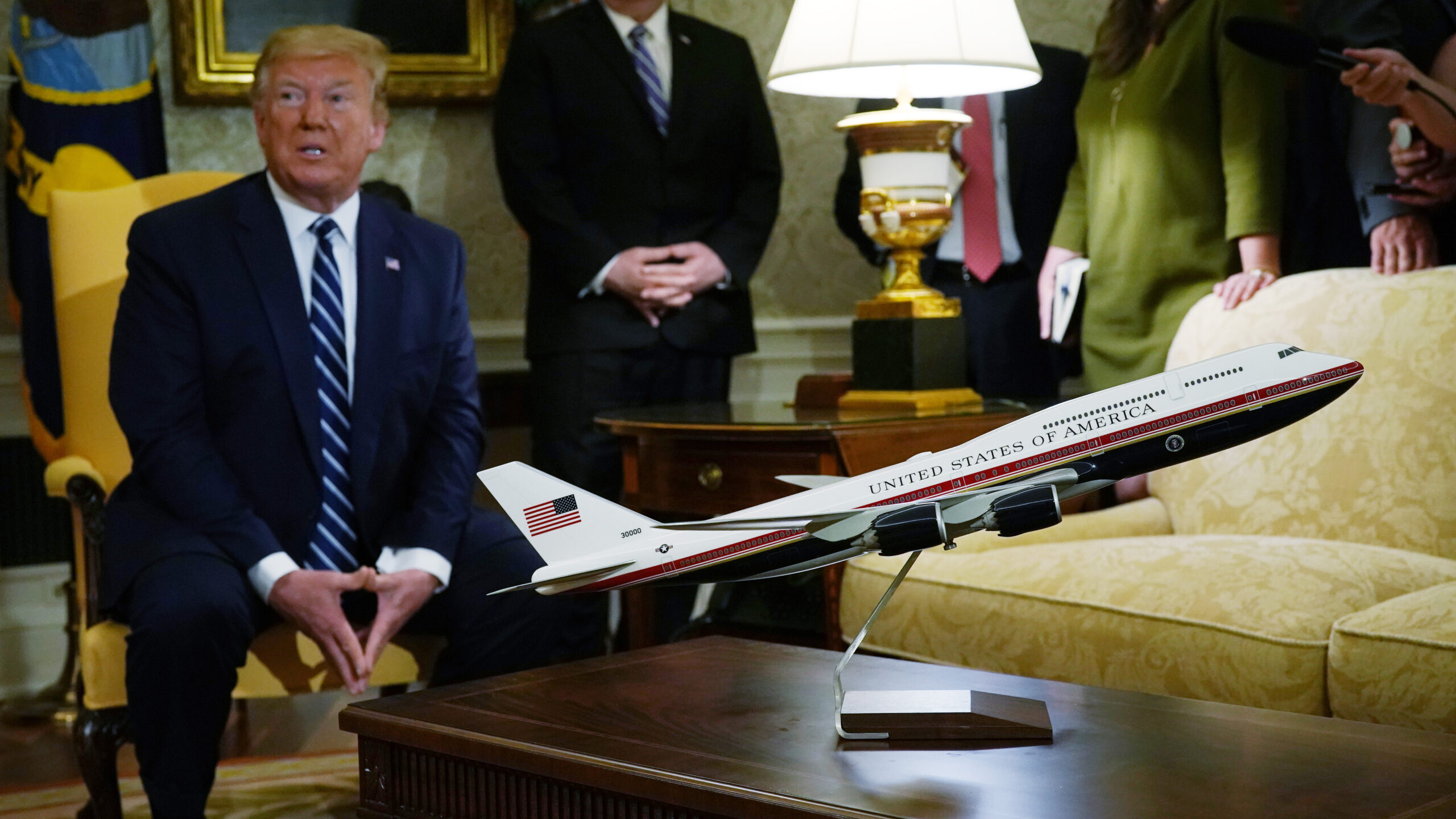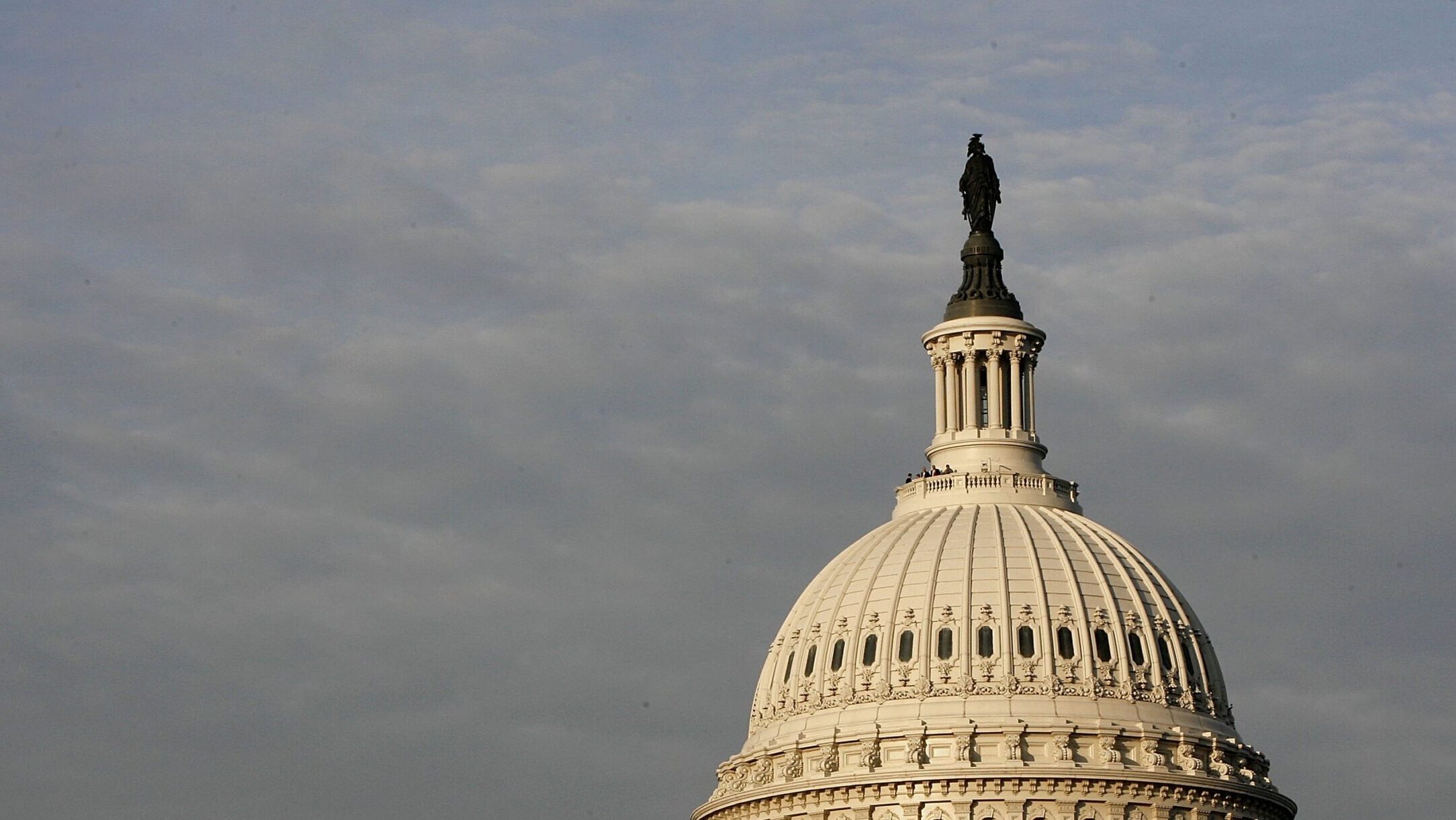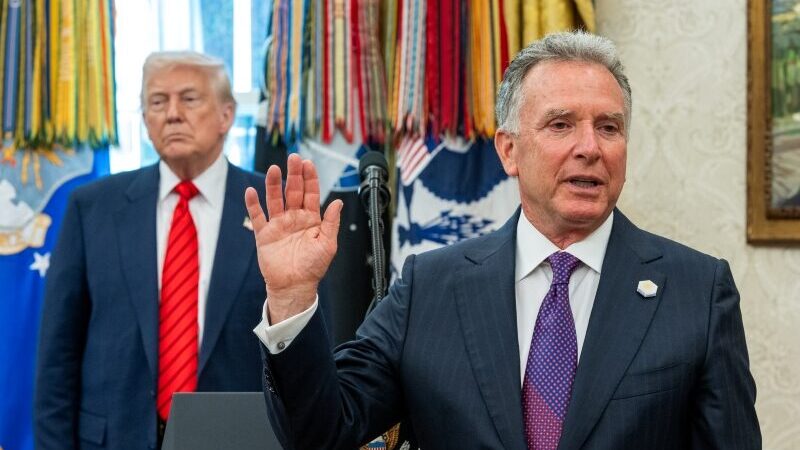Elon Musk Has Plan To Make X Profitable: The Secret Ingredient Is Trump Administration Threats!
And frivolous lawsuit threats, of course. The post Elon Musk Has Plan To Make X Profitable: The Secret Ingredient Is Trump Administration Threats! appeared first on Above the Law.


After Elon Musk transformed Twitter into a racial slur generator and users fled en masse, advertisers understandably scaled back their ad spend. Apparently brands don’t like it when MAGAKing6969’s Great Replacement Theory post shows up next to a company’s “Speaking of replacement… is it time to replace your mobile carrier?” ad.
The advertising exodus put the mogul in a bind as he scrambled to make good on the investment he’d accidentally made because he’s too stupid to figure out how Delaware law works. Early efforts to stem the tide flopped when Media Matters decided to test the protections the newly branded X team promised advertisers from having their brands appear next to racist content and… it turns out they didn’t stop the problem. Musk trashed the Media Matters test as manufactured since it would only bypass X’s promised protections if the feed was specifically curated for a comically racist user, overlooking that this describes a solid 20 percent of X these days.
So Elon sued Media Matters. And a bunch of advertisers. Just flinging legal gibberish all over the docket (and social media) about how it’s super-duper-unlegal antitrust or criminal RICO for corporations to not give him money. His credible lawyers wouldn’t touch this nonsense, so he turned to Harmeet Dhillon, who now heads up the increasingly hollow DOJ Civil Rights Division. If companies agreed to buy ads of dubious utility from him, they could avoid the hassle of legal action.
And, unfortunately for the sanctity of law, this strategy proved reasonably successful. The Wall Street Journal has a detailed report based on interviews with over two dozen sources covering concessions from the likes of Unilever and Verizon to avoid getting dragged into court. While X reportedly seeks commitments from companies to spend at least as much as they did pre-Musk — and in some cases double — the companies by and large are coming back with lower spend. The company is on track to have about half the revenue it once boasted.
Some antitrust experts said X faces a high bar to prove its claims. “It would be an antitrust violation if the advertisers got together and said, ‘Let’s boycott X to get lower ad rates,’” said Cardozo Law School Professor Sam Weinstein, a former Justice Department antitrust lawyer. But if advertisers were motivated by a desire not to be associated with the kind of speech X was allowing, he said, “that’s unlikely to be an antitrust violation.”
The frivolous lawsuits aren’t really news, but the WSJ report also noted that Musk’s game has leveled up:
On May 20, the Federal Trade Commission sent Media Matters a civil investigative demand, signaling that the agency is investigating the entity. The document, which was reviewed by the Journal, requests information from the group, including: “all documents that Media Matters either produced or received in discovery in any litigation between Media Matters and X Corp. related to advertiser boycotts since 2023.”
The agency is investigating whether ad and advocacy groups violated antitrust laws by coordinating boycotts of certain sites, including X. On Monday, the FTC sent requests for information to ad companies including Omnicom, WPP, Publicis and Interpublic.
The FTC, currently boasting zero of the ostensibly required Democratic commissioners, is lending an official veneer to the bonkers argument that it’s an antitrust violation to publicize that a company isn’t delivering on a promise. That companies acted, in part, upon the Media Matters finding doesn’t convert this into any sort of antitrust conspiracy. It’s as though X reached the point of diminishing returns on the lawsuits and decided leveraging the government — who doesn’t have to drag a loser of a complaint past a motion to dismiss to get some quasi-discovery via demand letters — against Media Matters might dig up something to turn the screws on more advertisers.
Though the FTC isn’t the only government lever that Musk brings to the party:
In December, during discussions with advertising conglomerate Interpublic Group about increasing spending, X hinted that its recently announced $13 billion deal to merge with rival Omnicom Group could face trouble from the Trump administration, The Wall Street Journal has reported. IPG subsequently signed a new annual deal with X for potential client spending.
This tracks the ongoing CBS News drama, where Paramount’s desire to close deals without undue administration meddling has put 60 Minutes under the prospect of corporate censorship. Musk’s infiltration of the executive branch — which may be on again? — elevates his already troubling lawfare strategy to new heights. Moreover, if he finds success in leveraging executive threats against boycotts, it opens a new vector for other companies to override market decisions through legal extortion.
Or maybe he’ll point out that Donald Trump partied with Epstein again and the FTC will drop the case. Place your bets!
X’s Sales Pitch: Give Us Your Ad Business or We’ll Sue [Wall Street Journal]
Earlier: Elon Musk Says Advertisers Are Doing The RICO If They Don’t Give Him Money
Elon Musk’s ‘It’s Unlegal For Advertisers Not To Give Me Money’ Lawsuit Drives Defendant Out Of Business
Elon Musk’s ‘Thermonuclear Lawsuit’ Is Here And It’s… Positively Tepid.
 Joe Patrice is a senior editor at Above the Law and co-host of Thinking Like A Lawyer. Feel free to email any tips, questions, or comments. Follow him on Twitter or Bluesky if you’re interested in law, politics, and a healthy dose of college sports news. Joe also serves as a Managing Director at RPN Executive Search.
Joe Patrice is a senior editor at Above the Law and co-host of Thinking Like A Lawyer. Feel free to email any tips, questions, or comments. Follow him on Twitter or Bluesky if you’re interested in law, politics, and a healthy dose of college sports news. Joe also serves as a Managing Director at RPN Executive Search.
The post Elon Musk Has Plan To Make X Profitable: The Secret Ingredient Is Trump Administration Threats! appeared first on Above the Law.






















































































































































